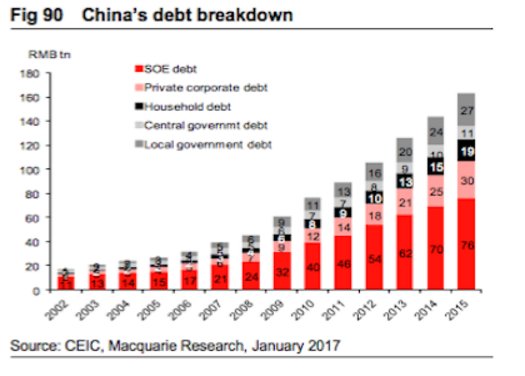If you want a central banker to choke on his croissant, read him this quote from socio-historian Immanuel Wallerstein: “Countries (have lost the ability) to control what happens to them in the ongoing life of the modern world-system.”
Stated another way, Wallerstein is asking: what do central banks no longer control?
The quote is from Wallerstein’s recent meditation on China: China is Confident: How Realistic?
“The question is how realistic is this self-assessment of China? There are two premises embedded in China’s self-confidence, whose validity need to be investigated. The first is that countries, or rather the governments of states, can actually control what is happening to them in the world-economy. The second is that countries can effectively contain popular discontent, whether by suppression or by limited concessions to demands.
If this was ever even partially true in the modern world-system, these assertions have become very dubious in the structural crisis of the world capitalist system in which we find ourselves today.”
Central banks still claim absolute control over their currency, interest rates,what’s legal/outlawed in their financial systems, and so on.
Wallerstein is suggesting that era has ended and central banks are losing control of the value of their currency, their role in the global economy and the social discontent that is the ripening harvest of central bank policies that have greatly enriched the rich at the expense of everyone else.
I don’t think Wallerstein picked China out a hat. Though every central bank is experiencing the same erosion of control, China is visibly losing control of the value of its currency, the yuan, and its runaway debt burden, which has skyrocketed from less than 20 trillion RMB 13 years ago to over 160 trillion RMB.

This matters because instability in a nation’s currency quickly spreads to the economy and then to society: as a currency depreciates, the value of everyone’s money declines, i.e. the purchasing power of their money is diminished.












Leave A Comment